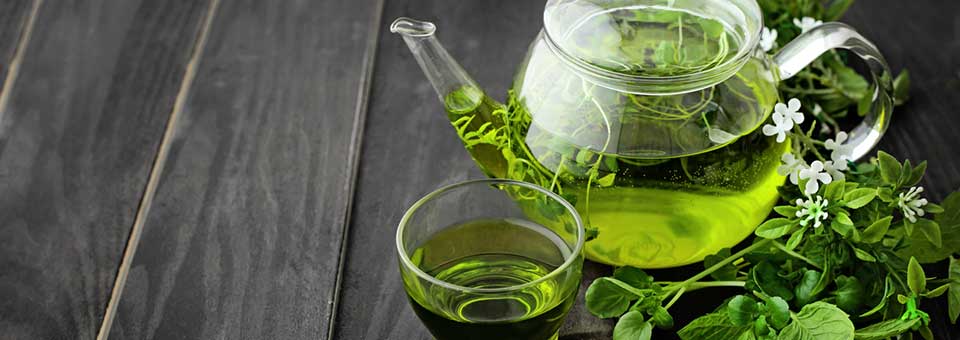I tell my patients there’s a good reason why countries like Japan, China and Korea have some of the lowest cancer rates in the world.
Two words: green tea.
I’ve written to you before about how green tea can protect against a number of chronic diseases, including Alzheimer’s, diabetes and depression – and cancer is no exception.
In one breakthrough study, researchers from the Arizona Cancer Center found that chemicals in green tea dramatically increase the production of key detoxification enzymes that boost your body’s metabolic defense against toxins that can cause cancer.1
The study, published by the American Association for Cancer Research, proved that catechins – a type of natural antioxidant – found in green tea, increase the gene expression of glutathione S-transferase (GST) enzymes by as much as 80%.
These powerful GST enzymes then convert toxic carcinogens into non-toxic chemicals, rendering them harmless.
A number of studies also show that epigallocatechin gallate, or EGCG, an especially potent catechin in green tea, is a powerful weapon against multiple types of cancer – both as a primary prevention and as further prevention after cancer treatment.
Here are just a few of the cancer types, against which green tea has been shown to be highly effective.
- Skin cancer2,3
- Duodenal cancer in the small intestine4
- Prostate cancer5
- Lung cancer6
- Colorectal cancer7
- Stomach cancer8
In many parts of Asia, green tea is a beverage consumed as commonly as water, many times per day. The Arizona Cancer Center found that the anti-cancer effects of green tea catechins kick in at between 8 and 16 cups per day.
You can also take EGCG supplements. I recommend you get around 1,500 mg a day — to be split up between meals and taken about 30 minutes after eating.
For added cancer protection, I recommend daily vitamin
D for my patients.The best source of vitamin D is sunshine. You don’t need more than 20-30 minutes in the sun to get all your vitamin D for the day. But because we spend most of our time inside, you might have to get your vitamin D from other sources.
Food sources include salmon, mackerel, tuna fish, sardines, eggs, beef and cheese.
I also recommend taking a supplement of vitamin D3 called cholecalciferol. It’s the same vitamin D that your body produces. Just be sure to avoid the synthetic form, vitamin D2, or ergocalciferol, in most multivitamins. It’s less potent and less absorbable.
To Your Good Health
Al Sears, MD, CNS

